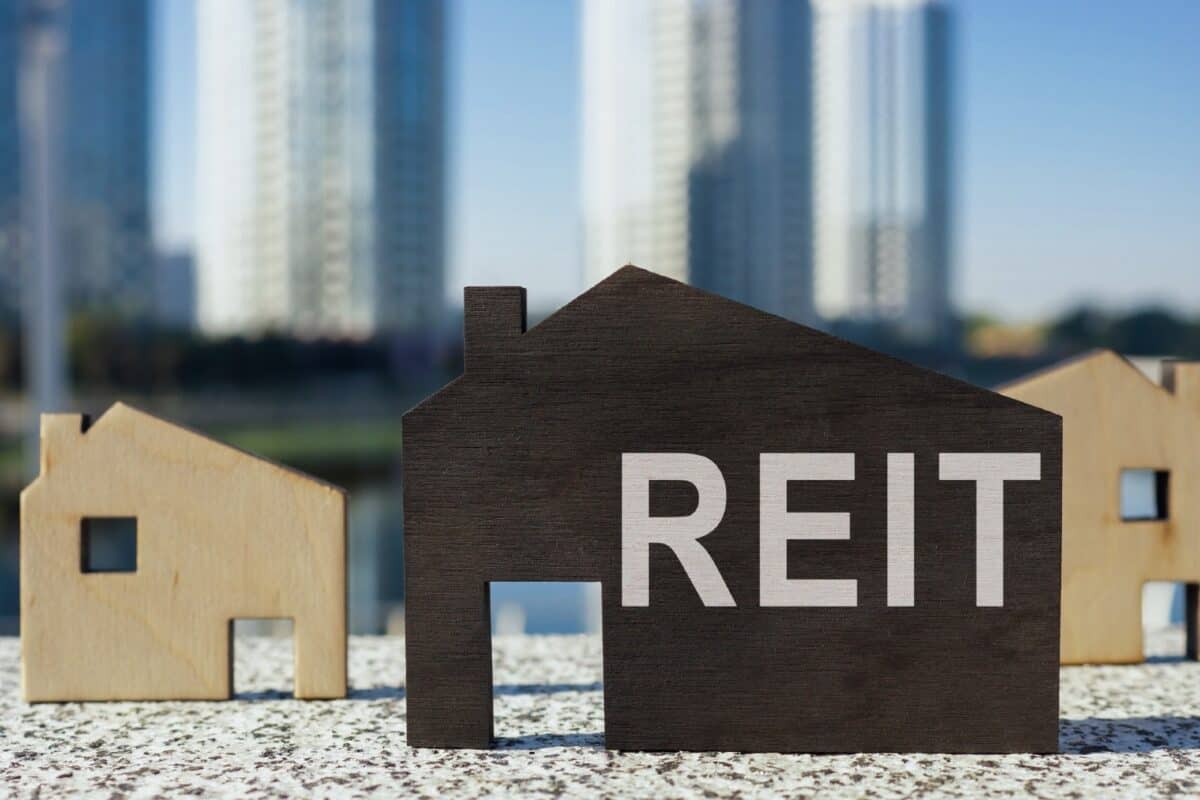Image source: Getty Images
High bond yields make this a good time to consider buying dividend shares. And there are a few on my list at the moment.
One is Assura (LSE:AGR), the FTSE 250 real estate investment trust (REIT) with a lot of features that could make it a reliable source of passive income for investors.
Please note that tax treatment depends on the individual circumstances of each client and may be subject to change in future. The content in this article is provided for information purposes only. It is not intended to be, neither does it constitute, any form of tax advice.
The equation
Over the last 12 months, Assura shares have fallen by around 23% and the share price has hit 36.26p as a result. With the firm set to distribute 3.36p per share this year, the implied dividend yield‘s 9.26%.
That means the amount someone would need to invest in order to generate £1,000 a year in dividends is £11,025. That’s £10,791 for 29,761 shares, plus £234 in stamp duty.
A falling share price and a high yield can be a sign investors are concerned about the firm’s ability to keep paying dividends. But if they’re wrong, this could be a great passive income opportunity.
A 9.26% yield is eye-catching with government bonds offering above 5%. So I think it’s well worth looking at the stock to see whether the returns actually might be more durable than the market realises.
The business
Assura owns and leases a portfolio of 608 GP surgeries and healthcare properties, the vast majority located in the UK. As a result, the firm gets almost all of its rental income from the NHS.
From a passive income perspective, this could be a very good thing. An organisation backed by the UK government is unlikely to run out of money, making the risk of rent defaults relatively low.
It does however, mean the risk of a change in government policy is quite significant. But for the time being, things seem to be moving in the right direction in terms of UK healthcare policy.
Growth typically comes from developing and expanding existing properties rather than acquiring new ones. But the company did acquire a portfolio of hospitals last year at a cost of £500m.
Risks and rewards
As is often the case with REITs, the biggest risks with Assura come from its balance sheet. It has a lot of debt and the average time to expiry is less than five years.
REITs have limited options when it comes to managing their debts. Being required to return 90% of their taxable income to shareholders means they can’t use it to repay outstanding loans.
But Assura’s making moves to bring down its debt levels by selling off some of the properties in its portfolio. However, this obviously means less in the way of rental income.
A company with reliable rental income should be able to manage a higher debt load than one with more volatile tenants. But I think this is the biggest risk for investors to pay attention to.
Should I buy?
I currently own shares in Primary Health Properties in my portfolio, which is a very similar business. Adding Assura could help maintain a similar income stream while reducing company-specific risks.
On that basis, buying 29,761 shares to look for a £1,000 a year second income doesn’t seem like a bad idea. It’s definitely one I’m considering for my Stocks and Shares ISA.
Credit: Source link












